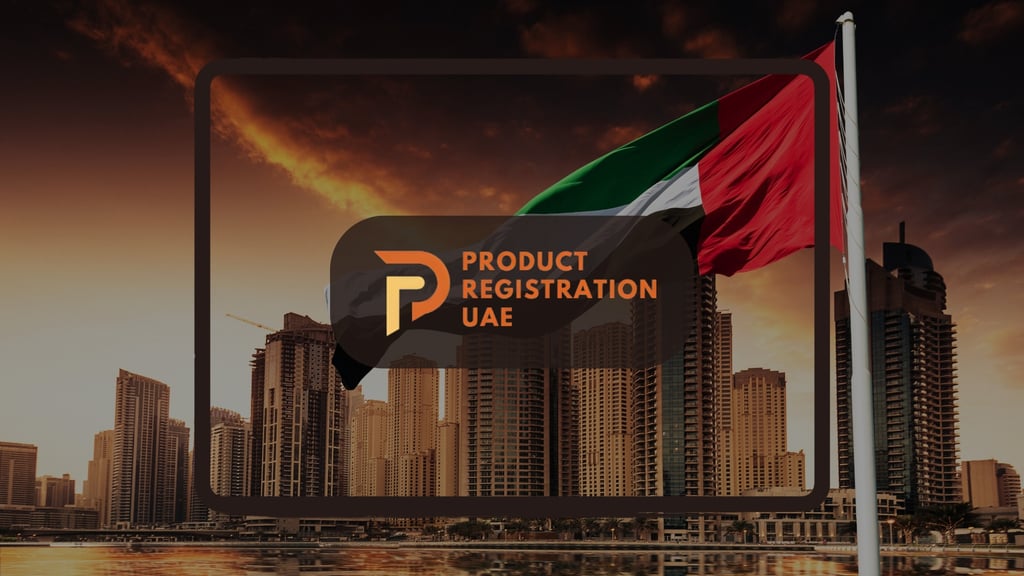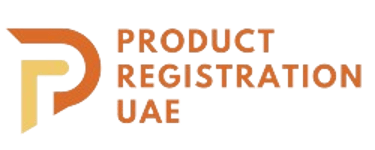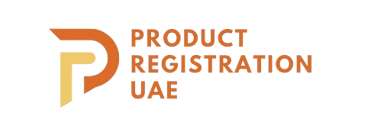Regulatory Intelligence UAE: Horizon Scanning That Works
Use horizon scanning in the UAE to track MOHAP/ESMA updates, fix labels & docs fast, avoid holds, and register sooner. Chat with an expert today.
10/31/2025


Horizon Scanning UAE: The Smart Way to Predict Regulatory Changes
Approvals don’t fail overnight—they fail because something changed, and nobody saw it coming.
Ingredient limits get updated, labeling phrases are redefined, certificate formats evolve, or a new online portal replaces an older process.
Horizon scanning is how UAE businesses detect these changes early and act before they turn into rejections, delays, or costly rework.
At Product Registration UAE, our Regulatory Intelligence Services turn scattered updates into structured insights, helping you maintain compliance across all product categories—from food and cosmetics to supplements and medical products.
Why Horizon Scanning Matters for UAE Product Registration
In the UAE, compliance is never static. Regulations shift quietly, translations redefine meanings, and new systems replace old ones overnight.
Without proactive tracking, even compliant companies can face:
Sudden import holds due to outdated certificates.
Rejection of claims or phrases on new label templates.
Missed renewals from unnoticed document format changes.
Horizon scanning ensures your product registration, label validation, and approval processes stay one step ahead of every update.
What Horizon Scanning Really Means
In practice, horizon scanning is a continuous regulatory loop:
Scan trusted UAE and GCC sources for new circulars, standards, and updates.
Interpret what each signal means for your product line or approval status.
Decide which labels, formulas, or documents require adjustment.
Act before changes evolve into compliance problems.
The goal is not a long report—it’s fewer surprises and faster approvals.
The Hidden Cost of Missing Updates
Ignoring early regulatory signals often leads to unnecessary risk:
Fast-moving frameworks: Online portals and approval steps can change with little public notice.
Bilingual nuance: Arabic wording and definitions can alter how product claims are interpreted.
Cross-authority effects: A small rule change in one Emirate can ripple into nationwide requirements.
Retail demands: Even silent regulations can become enforced by major retailers and e-commerce platforms.
Staying compliant means watching both official authorities and market-driven practices.
Building a Regulatory Intelligence Playbook
Whether you track MOHAP, ESMA, or Dubai Municipality, this structure helps your teams stay aligned:
1. Collect the Signals
Set a 30–60-minute weekly window to review all trusted portals. Save updates with the date, source, and one-sentence summary.
2. Tag and Triage
Use just three tags: Label, Formula, and Process. If it impacts packaging text, mark it Label. If it affects composition, mark it Formula. If it changes procedures, mark it Process.
3. Analyze Impact
Ask two questions: Which products are affected? What must change and by when? Document your findings.
4. Assign Owners and Deadlines
Each change needs a single responsible owner, a due date, and linked evidence such as artwork or updated documentation.
5. Close the Loop with Change Control
Create a short change-control pack with rationale, proof, before/after examples, and sign-offs. This avoids confusion during audits or renewals.
The Sources You Should Monitor in the UAE
Start with a focused watchlist instead of trying to track everything:
Authorities & Portals: Dubai Municipality, MOHAP, ESMA, SFDA, and Customs.
Standards & Certifications: ECAS, EQM, ISO updates, and testing requirements.
Market & Retail: Major retailer templates, listing rules, and e-commerce standards.
Tip: Maintain a shared tracker that includes the URL, update frequency, responsible person, and current status.
Common Mistakes and How to Fix Them
Mistake: Hoarding PDFs with no clear takeaway.
Fix: Add a one-line “So what?” summary for each update.
Mistake: Mixing interpretations with official rules.
Fix: Tag entries as either Official (authority) or Market (retailer guidance).
Mistake: Treating horizon scanning as an afterthought.
Fix: Schedule a recurring weekly slot and audit your tracker monthly.
Mistake: Ignoring Arabic source text.
Fix: Save both the Arabic original and the validated English translation.
Turning Signals into Faster Approvals
Every regulatory signal can be turned into an approval advantage:
Labeling Change: A new Arabic phrasing appears—update your templates, print samples, and attach the reference note.
Formula Rule Shift: An ingredient purity limit changes—request new supplier COAs and verify compliance.
Portal Update: A new approval form adds data fields—update your SOP and prefill for future submissions.
These small, proactive actions prevent product holds and build a stronger compliance reputation with UAE authorities.
Benchmarks for Effective Horizon Scanning
Signal to Action Time: Under 10 days for label/process changes; under 20 days for formula-related updates.
Renewal Readiness: No surprises—your artwork and documentation always match current standards.
Unified Tracker: One central file linking signals, responsible owners, and update dates.
Your One-Page Tracker Template
Keep it simple. Five columns are enough:
Date
Source (with link)
Signal (short description)
Tag (Label / Formula / Process)
Action, Owner, Due Date
Review this tracker weekly with your regulatory or QA team to keep accountability clear.
Partner with Product Registration UAE
If you want fewer surprises and faster UAE approvals, start your tracker this week. Our team can design your horizon-scanning watchlist, set up alerts, and integrate your tracker into your compliance workflow.
Contact us or Use the chatbot in the bottom right corner to outline your product categories, and we’ll propose a right-sized playbook for your team.
Our team can set up your horizon-scanning watchlist, tagging taxonomy, and change-control templates in one session, then support you as signals turn into clean, on-time approvals.
Recommended Reads
Arabic Labeling Requirements UAE — a 30-point checklist to pass first review.
Post-Approval Variations in the UAE — change control for labels, formulas, and suppliers.
Government Approvals Support in the UAE — submissions, clarifications, and escalations.
For a clear comparison of certification routes, see our latest blog on ECAS vs EQM in the UAE (2025).
Learn why stability testing is essential for shelf-life approval.
Stay ahead of every regulation with Product Registration UAE—your partner for proactive, data-driven compliance.


